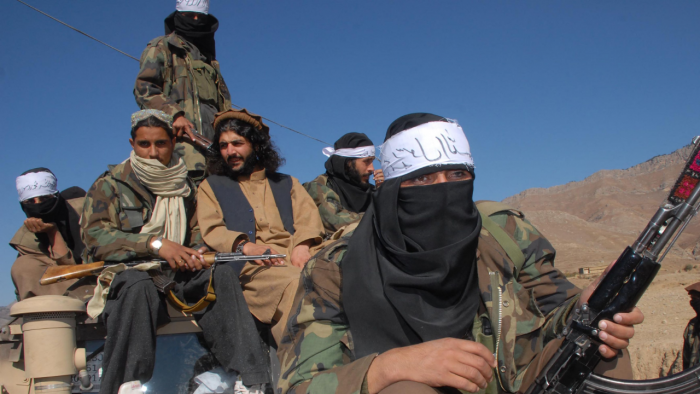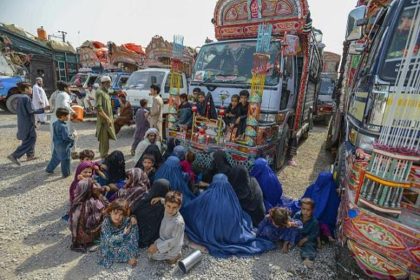RASC News Agency: The Pakistani military has announced that a series of counterterrorism operations near the Afghanistan’s border have killed 35 fighters from Tehrik-e-Taliban Pakistan (TTP). According to Pakistani media citing military officials, the operations were conducted between September 10 and 13 in Bajaur and South Waziristan, two districts in the volatile Khyber Pakhtunkhwa province.
In the fiercest engagement in Bajaur, at least 22 militants were reported killed, while a separate operation in South Waziristan claimed the lives of 13 others. The army confirmed its own casualties, stating that 12 Pakistani soldiers were killed during the same period, underlining the intensity of the clashes.
Military commanders described the persistent presence of armed groups along the frontier with Afghanistan as one of the most serious threats to Pakistan’s national security. Islamabad once again accused the TTP of operating freely from sanctuaries across the Afghan border, carrying out cross-border raids with the passive approval and in some cases active facilitation of the Taliban regime.
On Saturday, Prime Minister Shehbaz Sharif, accompanied by Army Chief General Asim Munir, visited Bannu in Khyber Pakhtunkhwa where he issued an unambiguous warning to Kabul. Sharif declared that the Taliban regime “must choose between Islamabad and the TTP,” stressing that no government can simultaneously harbor militants destabilizing its neighbor while expecting normal relations. He also chaired an emergency counterterrorism meeting and attended the funeral of slain soldiers, underscoring Islamabad’s resolve.
Pakistan’s defense minister had earlier issued an unusually harsh statement, accusing Taliban authorities and their affiliates of staging a “bloody celebration with the lives of Pakistani soldiers.” He warned that Islamabad was prepared to unleash its full military capacity to dismantle what he described as an existential threat to the state.
Military analysts caution that the continued existence of TTP sanctuaries in Afghanistan’s provinces such as Kunar and Nangarhar risks not only intensifying border clashes but also widening instability across the region. They warn that unless these safe havens are eliminated through coordinated action, Pakistan will face an escalation of militant violence while Afghanistan remains a breeding ground for transnational extremism.
This new cycle of bloodshed underscores the duplicity and weakness of the Taliban’s promises. While the group proclaims its commitment to regional peace, its unwillingness or refusal to confront militants sheltering on Afghanistan’s soil has turned Afghanistan into a sanctuary for those who threaten neighboring states. Observers argue that unless international pressure is exerted on the Taliban to rein in such groups, Afghanistan will continue to export insecurity, threatening not only Pakistan but the broader stability of South and Central Asia.






